Kamala Harris' nomination for the U.S. presidential race is historic, not just for being the first Black woman on a major party’s presidential ticket but also for her identity as the first Indian American in such a position. Her mother, Shyamala Gopalan, was born in Chennai, India, and immigrated to the United States to pursue a doctoral program at UC Berkeley. This mixed-race heritage allows Harris to connect across diverse identities, reaching multiple audiences and voting blocs.
Following President Joe Biden's decision to withdraw from the 2024 presidential race and endorse Harris as the Democratic Party's likely nominee, she has received backing from three of the five Indian-American Representatives and several prominent Indian-Americans. Harris declared her intent "to earn and win this nomination," echoing the confidence she has displayed throughout her career.
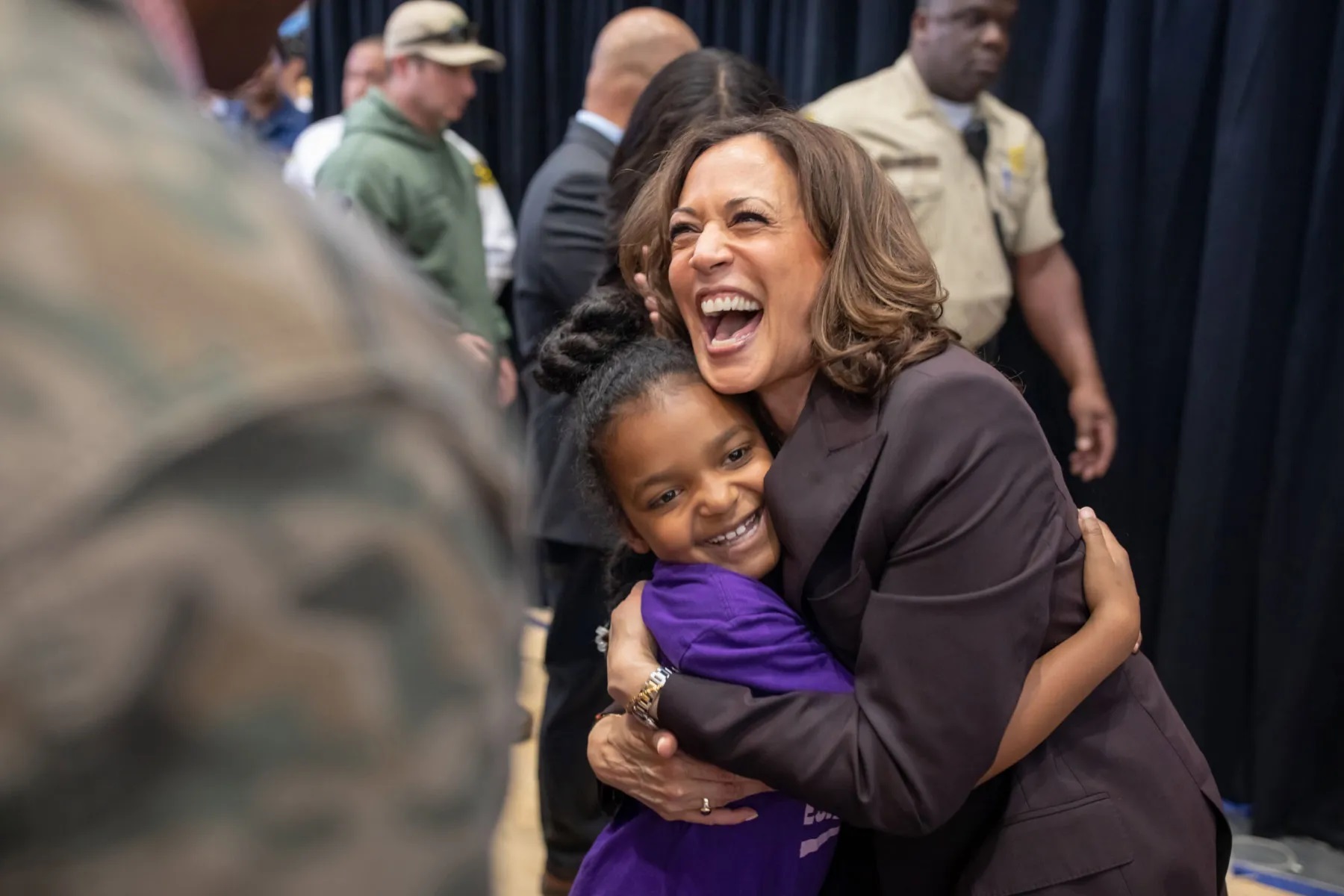
A Trailblazing Journey
Kamala Harris' career is marked by a series of firsts. When she was sworn in as the US Vice President in 2021, she became the first woman, first Black American, and first Indian American to hold the position. Before that, she was the first Black woman elected as district attorney in California, the first Indian American senator, and the first woman to be California's attorney-general.
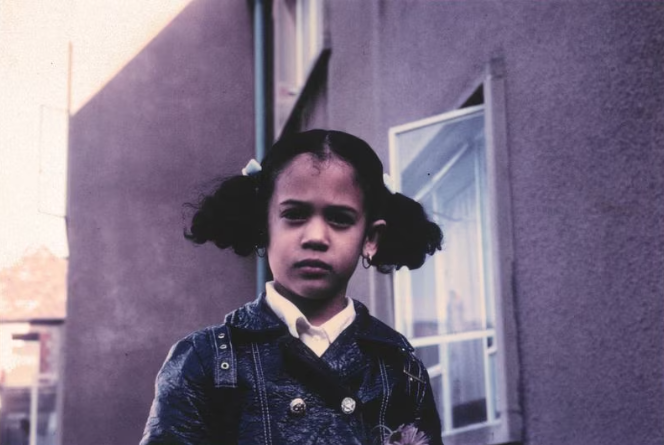
Born in California in 1964, Harris grew up in Oakland, near San Francisco, as the child of immigrants from Jamaica and India. Her father, Donald Harris, was a professor at Stanford University, and her mother, Shyamala Gopalan, was a biomedical scientist at the Lawrence Berkeley National Laboratory. Both parents were avid supporters of the civil rights movement, often taking a young Kamala to protests.
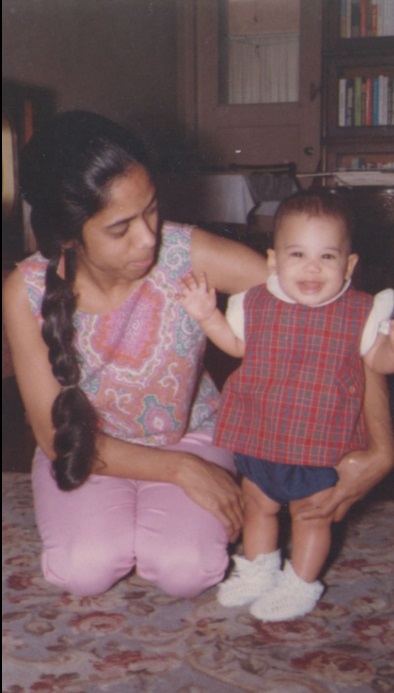
Embracing Her Indian Roots
Kamala Harris' connection to her Indian heritage has been a significant influence in her life. She frequently visited Chennai, staying connected with her relatives and learning from her grandfather, P.V. Gopalan, who held a significant government position in India. These visits instilled in her a deep sense of responsibility, honesty, and integrity.
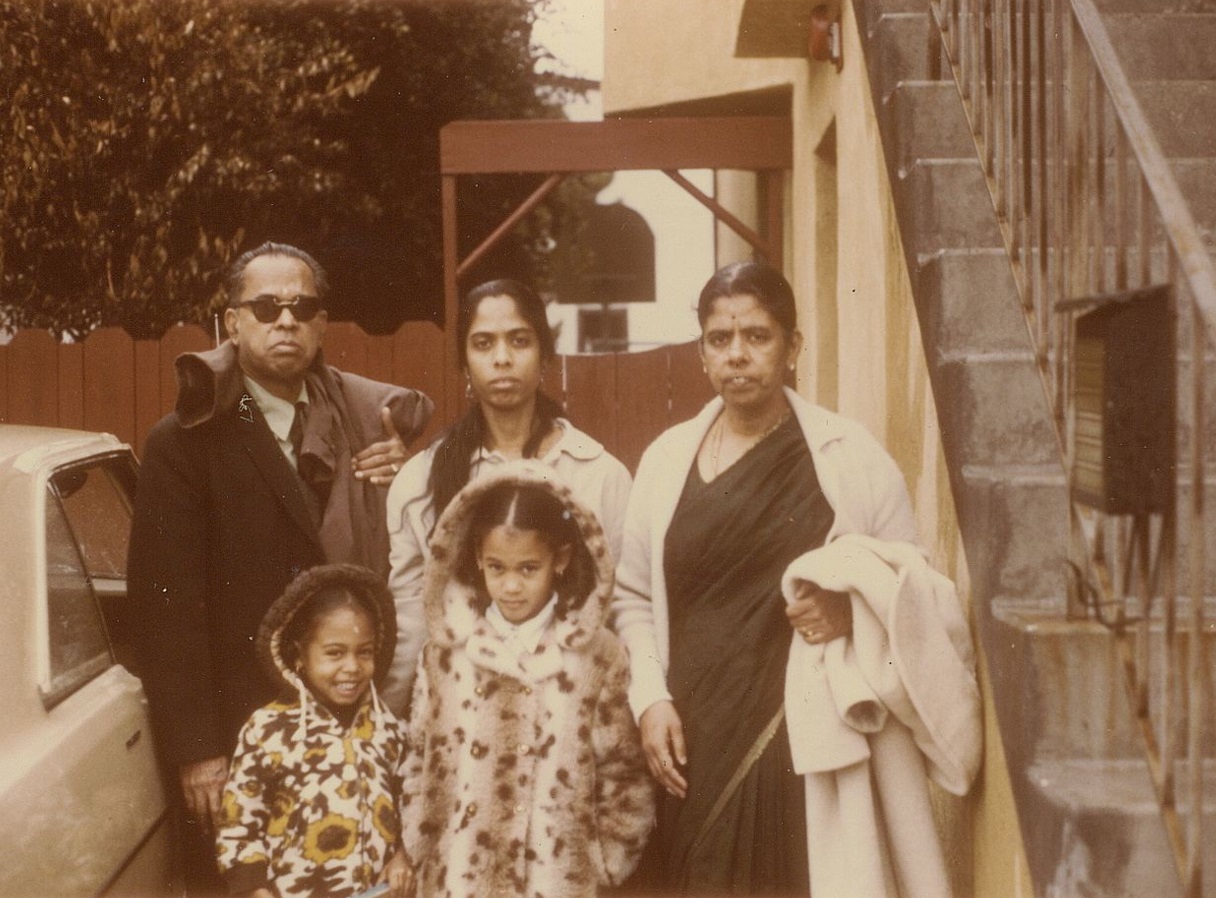
"My mother was very proud of her Indian heritage and taught us, me and my sister Maya, to share in the pride about our culture," Harris wrote in her book, *The Truths We Hold: An American Journey*. Her Indian heritage, combined with her experiences growing up Black in America, has shaped her unique perspective and approach to politics.
Indian American Community's Support
The Indian American community, now estimated at over five million, has shown significant support for Harris. All five Indian-American lawmakers in the House of Representatives have praised Biden's decision, with three explicitly endorsing Harris. Congresswoman Pramila Jayapal, the first to endorse Harris, expressed her full support on social media, stating, "Kamala Harris for President. Let’s beat Donald Trump and make history."
Indian Americans are a vital demographic in the U.S. political landscape. They are the most populous Asian group in the country, surpassing Chinese Americans, and their influence is growing.
My mother always use to say, “Don’t just sit around and complain about things. Do something.” I dearly wish she were here with us this week. pic.twitter.com/RHO2VnlZs4
— Kamala Harris (@KamalaHarris) August 13, 2020
Recently, Vice President Kamala Harris, speaking to a crowd of Indian Americans, highlighted the need for more South Asians to run for office, noting that their representation in U.S. politics is insufficient relative to their population size. Indian Americans have become the largest "Asian-alone" group in the U.S., with 4.4 million people identifying as "Indian-alone" in the 2020 Census, a 55% increase over a decade. Despite this, only five Indian Americans serve in Congress. Harris encouraged greater participation, pointing out that Indian Americans predominantly lean Democratic and have significant electoral influence. However, the community views Harris and President Biden critically, with Biden's approval rating among Indian Americans at 43% and Harris' dropping from 62% to 56% over the past year.
The event also saw a walkout by Hindus for Human Rights in protest of the Biden administration's handling of Israel's war in Gaza, reflecting broader dissatisfaction among young South Asian voters. The group invoked the legacies of Mahatma Gandhi and Dr. B.R. Ambedkar to justify their stance against perceived injustices. This sentiment has led some young South Asian voters to reconsider their traditional Democratic support. Harris stressed the importance of voter participation in shaping the future, urging the community to express their desire for change through the electoral process in the upcoming election.
A Challenging Road Ahead
Despite her strong connection with the Indian American community, Harris faces challenges - especially in her fight against the popular candidacy of Donald Trump. Some political groups have expressed dissatisfaction with the Biden administration's policies, a burden which she may carry on her shoulders.
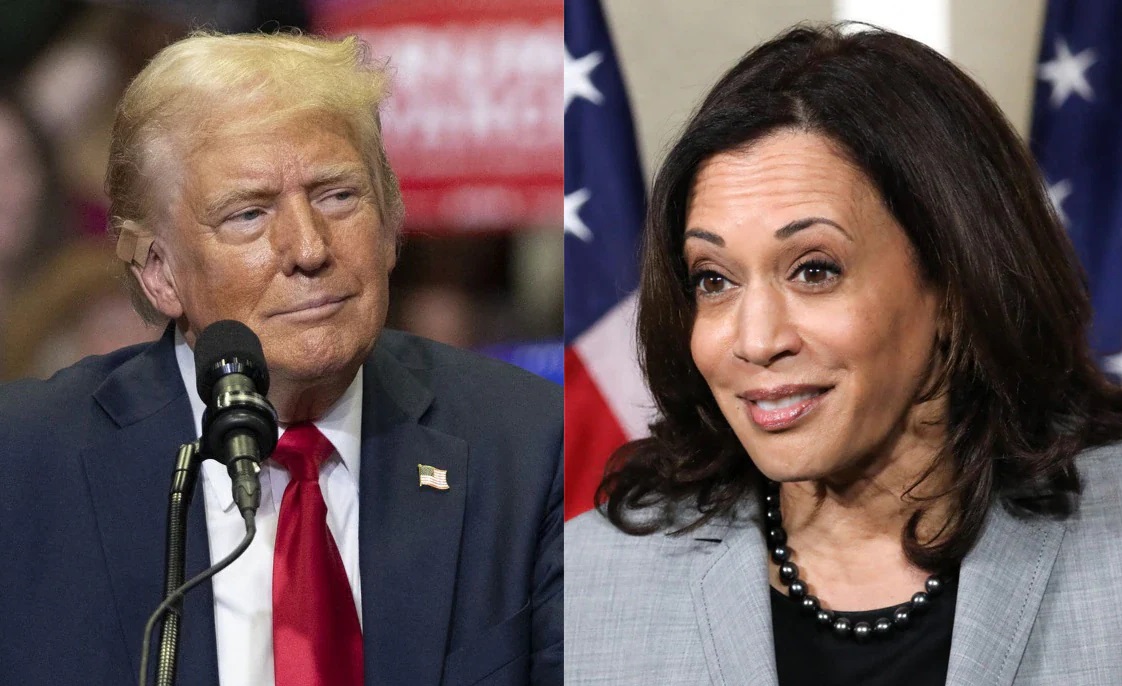
Harris' story is a testament to the American dream, reflecting the diverse and dynamic nature of the Indian American diaspora. Her nomination represents not just a milestone for her but a significant moment for the entire community, highlighting the importance of embracing one's heritage while striving for progress and inclusion in the broader American society.
As Kamala Harris moves forward in her bid for the presidency, her journey from Oakland to potentially the White House underscores the power of diversity and the enduring promise of America.
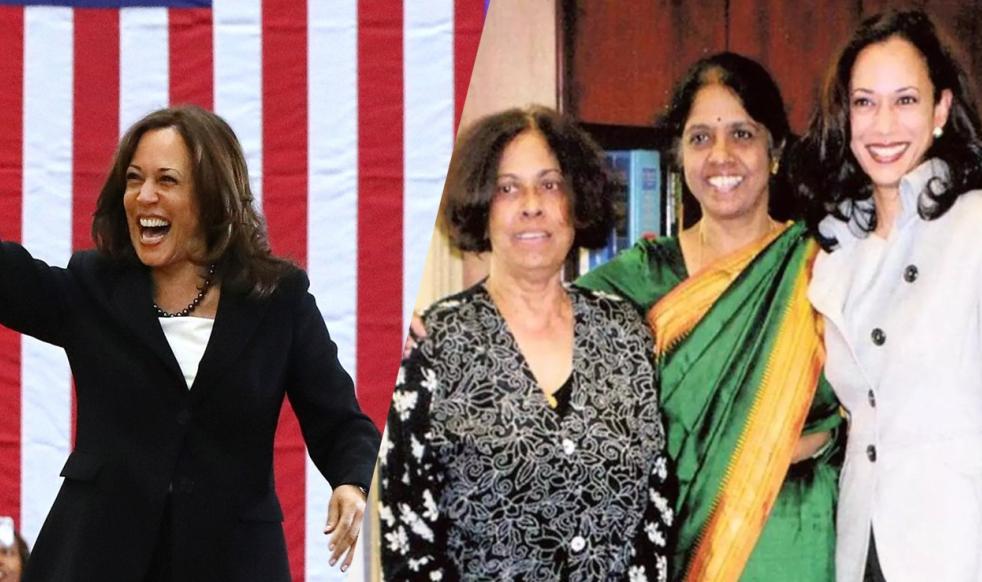
 1,185 Views
1,185 Views 0 comments
0 comments
Comments